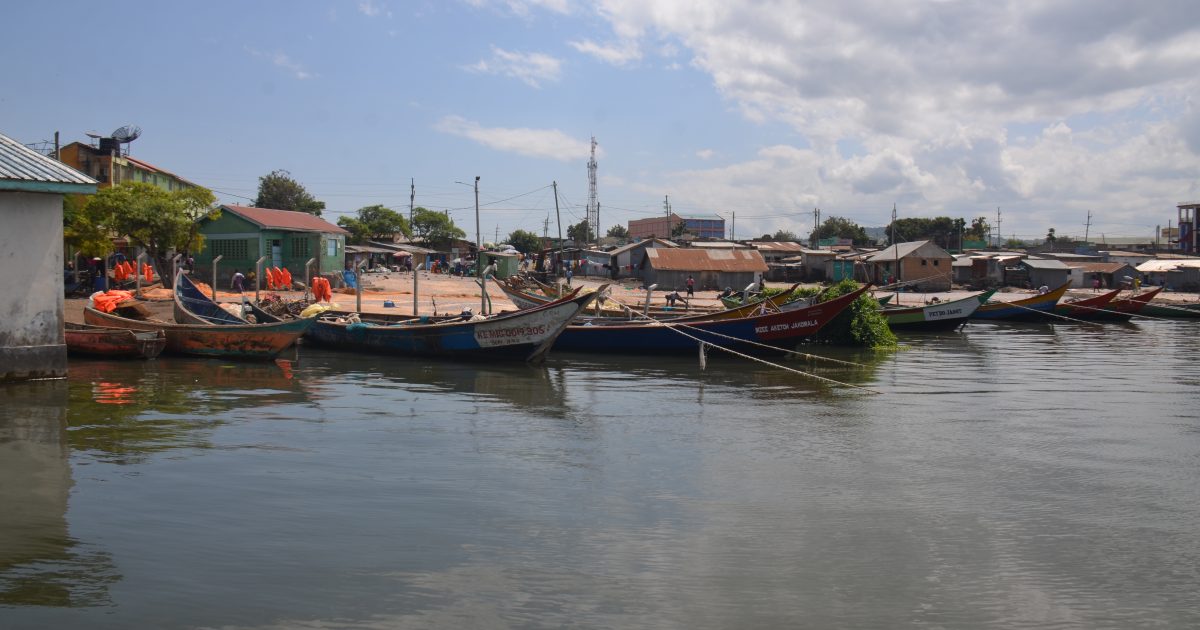HIV/AIDS constitute a bigger percentage of all the facets leading to poverty dogging children in Migori County, leaders have claimed.
Speaking at a meeting organized by a lobby group dubbed: Migori County Development Champions Forum, the leaders said the children’s plight regarding Hiv/Aids was more serious than other reports made regularly about them by the media.
The media has highlighted child labour, early marriages, Female Genital Mutilation, high rate of school dropout, prostitution and child battering as some of the factors driving children to lead miserable lives.
“We want to emphasize that child destitution in Migori County is real and its magnitude is much greater than what people think,” said Mr. Roberts Mogesi Chacha, the lobby’s chairman.
“The high HIV/Aids prevalence rate within the county, especially along the Lake Victoria beaches, has left many children orphans and they lack basic needs such as food, medicine and education,” stated Mr. Chacha.
He appealed to the government, and other well-wishers to help the children and parents whose future seems bleak due to the disease.
Chacha noted that the regrettable children poverty situation was not only unique within the lake beaches but was also manifesting highly in Migori and Isebania towns as well as other local urban set ups and rural villages within the region.
“These urban areas and the beaches have more children headed households after their parents succumbed to the dread disease than any other areas within the County,” said Mr. Chacha.
The forum attended by leaders including chiefs, civil society members, religious leaders and the business community attributed the infection rate in urban areas to fast business growth which, they said, attracted people from as far as Kisumu, Mombasa and Mwanza in Tanzania.
They said the assessment so far made in the area has found so many child-headed families and numerous orphans under the care of poor relatives.
One family deep in Uriri Constituency disclosed of a grandmother taking care of more than 10 orphans with a lot of difficulties.
By George Agimba





